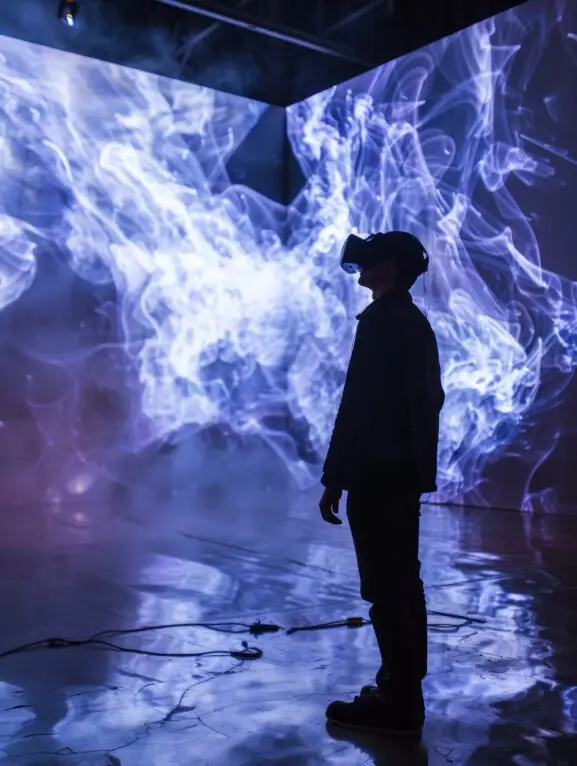7 Insights into the Psychology of Unique Experiences
- By OddHauws
- Comments are off
Table of Contents
ToggleThe Psychology of Unique Experiences holds a powerful sway over our collective psyche in a world filled with routine and predictability. But what drives our desire for the extraordinary? The psychology behind why we seek out and cherish unique experiences reveals much about human behavior and motivation. From the thrill of adventure to the quest for personal growth, the factors that make unique experiences so compelling run deep.
1. The Psychology of Novelty and Its Appeal
At the core of our craving for unique experiences is the psychological need for novelty. Human brains are wired to seek out new and stimulating experiences as a way to combat boredom and maintain mental engagement. According to research, novelty activates the brain’s reward system, releasing dopamine, a neurotransmitter associated with pleasure and motivation. This explains why unique and unconventional experiences are often more appealing than familiar routines—they offer a fresh and stimulating challenge that our brains find inherently rewarding. If you want to dive deeper into this, Psychology Today has a great article on the role of novelty in our lives.
2. The Search for Meaning
Unique experiences often provide a sense of meaning and purpose that conventional activities may lack. When we engage in activities that are out of the ordinary, we often do so with the intention of achieving personal growth, self-discovery, or deeper connections with others. Whether it’s traveling to a remote location, participating in a cultural ritual, or undertaking a challenging project, these experiences can offer a sense of accomplishment and fulfillment that goes beyond everyday life. They allow us to explore our own boundaries and uncover new aspects of ourselves, which you can read more about in this article on meaningful experiences from Harvard University.
3. The Need for Identity and Self-Expression
Unique experiences play a significant role in shaping and expressing our identities. By choosing unconventional or distinctive activities, we differentiate ourselves from others and assert our individuality. This desire for self-expression is particularly strong in a world where social media amplifies the need to stand out and showcase our personal stories. Unique experiences provide a platform for us to craft and communicate our unique identities, reinforcing our sense of self and our place in the world.
4. The Joy of Storytelling
Humans are natural storytellers, and unique experiences provide rich material for compelling narratives. The joy of sharing extraordinary adventures with others not only reinforces our memories but also enhances our social bonds. Unique experiences become cherished stories that we recount with pride, creating a sense of shared history and connection with those who listen. This storytelling aspect can amplify the pleasure and significance we derive from these experiences. If you’re curious about how storytelling impacts human experience, this piece on the science of storytelling from Scientific American provides further insight.
5. The Pursuit of Authenticity
In an age where superficiality often prevails, the pursuit of authentic and genuine experiences has become increasingly important. Unique experiences often provide a sense of authenticity that contrasts with the artificiality of mass-produced activities. Engaging in something rare or unconventional allows us to connect more deeply with the essence of a place, a culture, or a moment, fostering a sense of true engagement and appreciation. The importance of authenticity in modern life is further discussed in this Forbes article on authenticity.
6. The Thrill of the Unexpected
Finally, the thrill of the unexpected is a key factor in why unique experiences are so enticing. The unpredictability and surprise elements inherent in unconventional activities evoke excitement and anticipation. This thrill can be a powerful motivator, driving us to seek out experiences that break the mold and challenge our expectations. The unknown can be exhilarating, and the journey of discovery often adds an extra layer of enjoyment to the experience. For a deeper dive into the thrill of the unexpected, check out this research on the science of surprise.
Conclusion
The psychology of unique experiences reveals a complex interplay of novelty, meaning, identity, storytelling, authenticity, and excitement. Our desire for the extraordinary is driven by deep-seated psychological needs and motivations that go beyond mere enjoyment. By understanding these factors, we can better appreciate why unique experiences hold such a special place in our lives and continue to seek out adventures that enrich our journeys and expand our horizons.
Whether through travel, personal projects, or cultural activities, embracing the extraordinary allows us to tap into the full range of human experience and create memories that truly resonate. By engaging in unique experiences, we fulfill our innate desires for novelty and meaning, express our identities, and relish the joy of storytelling. Moreover, these experiences satisfy our yearning for authenticity and the thrill of the unexpected. By exploring these deeper motivations, we not only enrich our lives but also create a legacy of stories and memories that endure.



